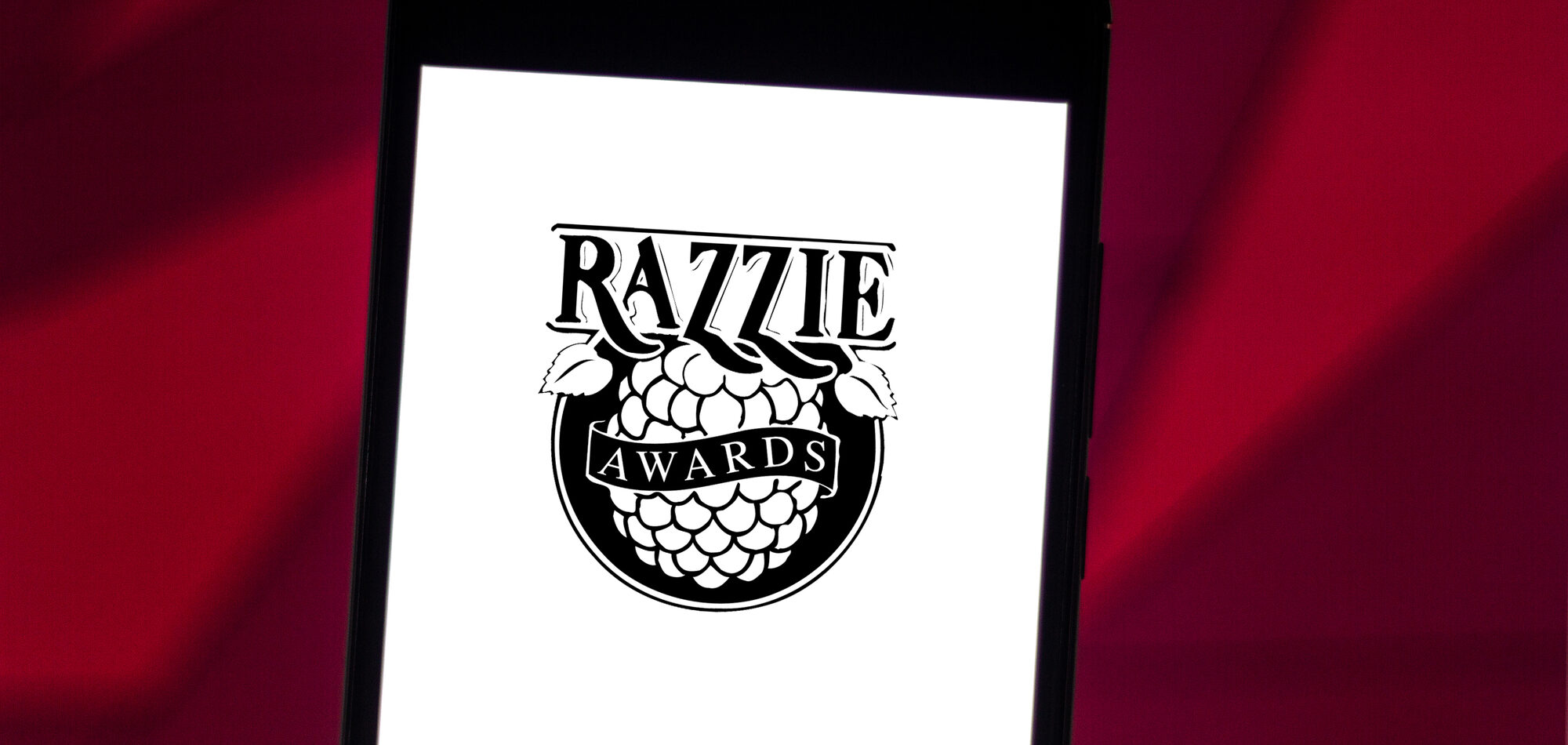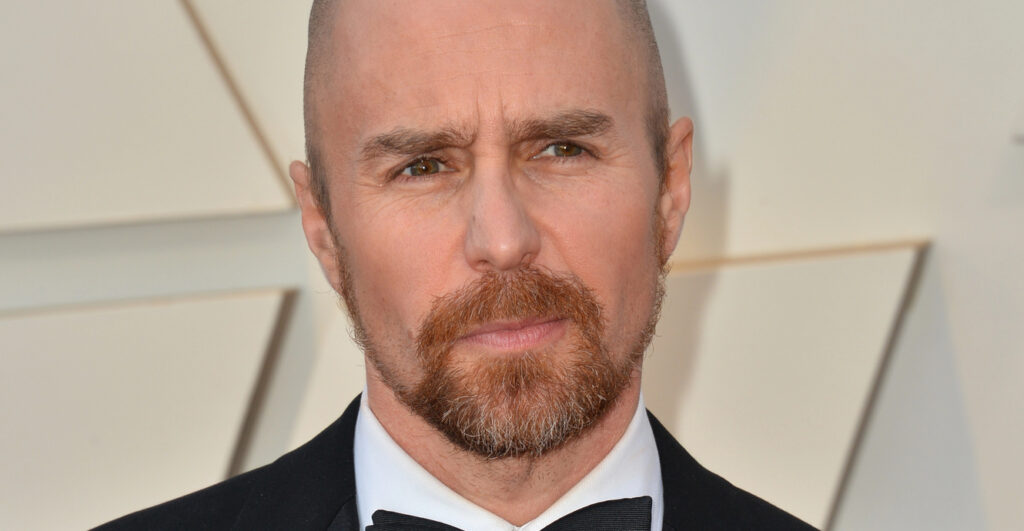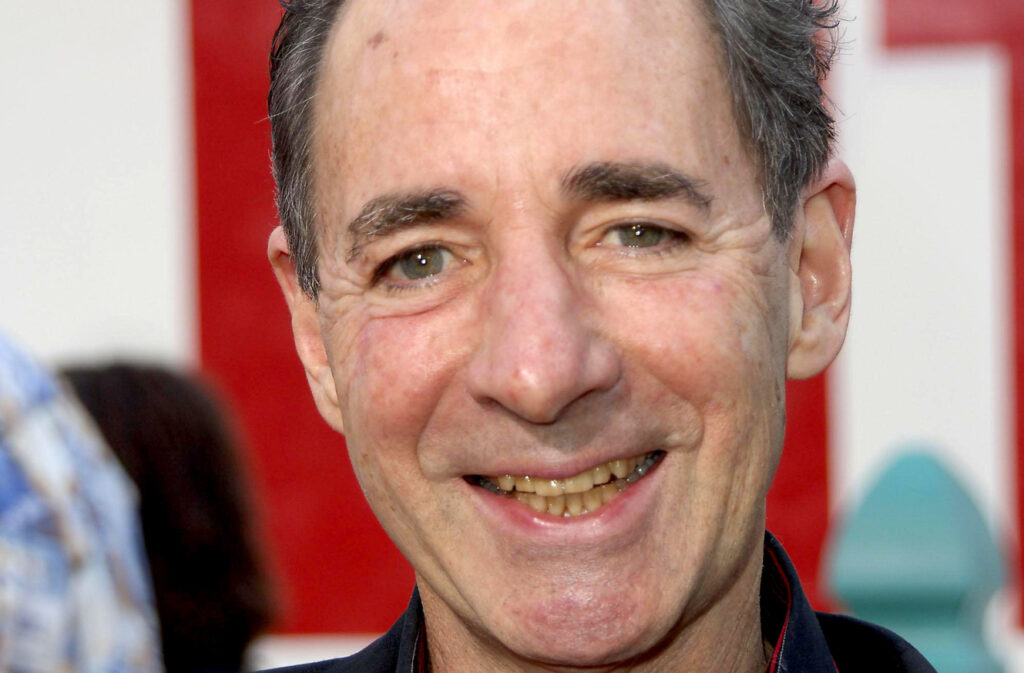Golden Raspberry Awards 2025: Is Megalopolis Set to Earn Francis Ford Coppola the Worst Director Award?

Golden Raspberry Awards 2025: Is Megalopolis Set to Earn Francis Ford Coppola the Worst Director Award?
The 45th annual Golden Raspberry Awards, affectionately known as the Razzies, are set to descend upon Hollywood on March 1st, 2025, casting a dubious spotlight on the worst cinematic offerings of 2024. Among the potential recipients of this less-than-prestigious accolade is Francis Ford Coppola, a director whose legendary status is being challenged by his latest epic, Megalopolis. Nominated for Worst Director, Coppola finds himself in the unenviable company of Jerry Seinfeld, S.J. Clarkson, Todd Phillips, and Eli Roth. But is Megalopolis truly deserving of such ignominy, or is it simply a misunderstood masterpiece?
A Visionary’s Gamble
Megalopolis, Coppola’s ambitious science fiction drama, represents a decades-long passion project. Set in a futuristic New York reimagined as “New Rome,” the film is about an architect (Cesar Catilina) who clashes with the corrupt Mayor Franklyn Cicero over the city’s future. Drawing inspiration from Roman history, particularly the Catilinarian Conspiracy, Coppola weaves a complex narrative exploring themes of ambition, corruption, and utopian ideals.
The film’s journey to the screen was fraught with challenges. Coppola, disillusioned by the studio system, self-financed the $120 million production after years of development hell. The shoot itself was plagued by reports of creative clashes, departing crew members, and an experimental filmmaking style that pushed the boundaries of traditional filmmaking.
On-Set Turmoil
Coppola’s improvisational approach, while lauded by some actors like Aubrey Plaza, was reportedly a source of frustration for others. Allegations of chaotic decision-making, last-minute script changes, and a reluctance to embrace digital techniques painted a picture of a production teetering on the brink of disaster. The firing of the visual effects team and the subsequent departure of other key crew members further fueled the narrative of a troubled production. Coppola, however, maintained that these changes were necessary to realize his artistic vision and keep the budget in check.
Is his artistic vision enough to keep him from being crowned Worst Director? The odds aren’t looking good at 22bet21.com, where there’s a 1.5/1 or a 66.70% chance that he will take home the award.
Box Office Bomb and Critical Divide
Megalopolis ultimately premiered at the Cannes Film Festival to polarized reactions, mirroring the divided response it received upon its theatrical release. The film bombed at the box office, grossing a mere $13.9 million worldwide against its hefty budget. Critics were equally split, with some praising Coppola’s ambition and artistic vision, while others condemned the film as narratively incoherent, visually jarring, and plagued by uneven performances. The film currently holds a 45% rating on Rotten Tomatoes, a testament to its divisive nature.
Razzie Worthy or Misunderstood Masterpiece?
The question remains: does Megalopolis deserve a Razzie? While the film undoubtedly suffers from flaws, including a convoluted narrative, questionable visual effects, and uneven pacing, it also possesses moments of brilliance. Coppola’s ambition is undeniable, and his willingness to push boundaries should be commended, even if the results are not always successful. The film’s grand scope, philosophical themes, and striking visuals set it apart from the typical Hollywood fare.
Whether Megalopolis is truly the “worst” film of 2024 is a matter of subjective opinion, but its nomination certainly sparks a conversation about the nature of artistic ambition and the risks inherent in challenging conventional filmmaking.




